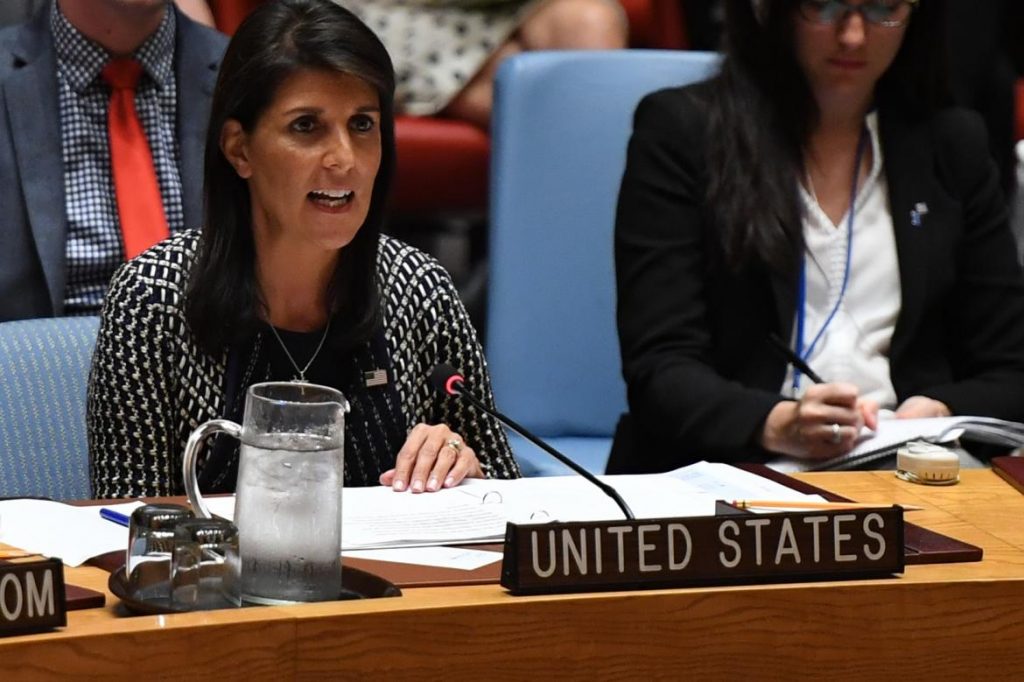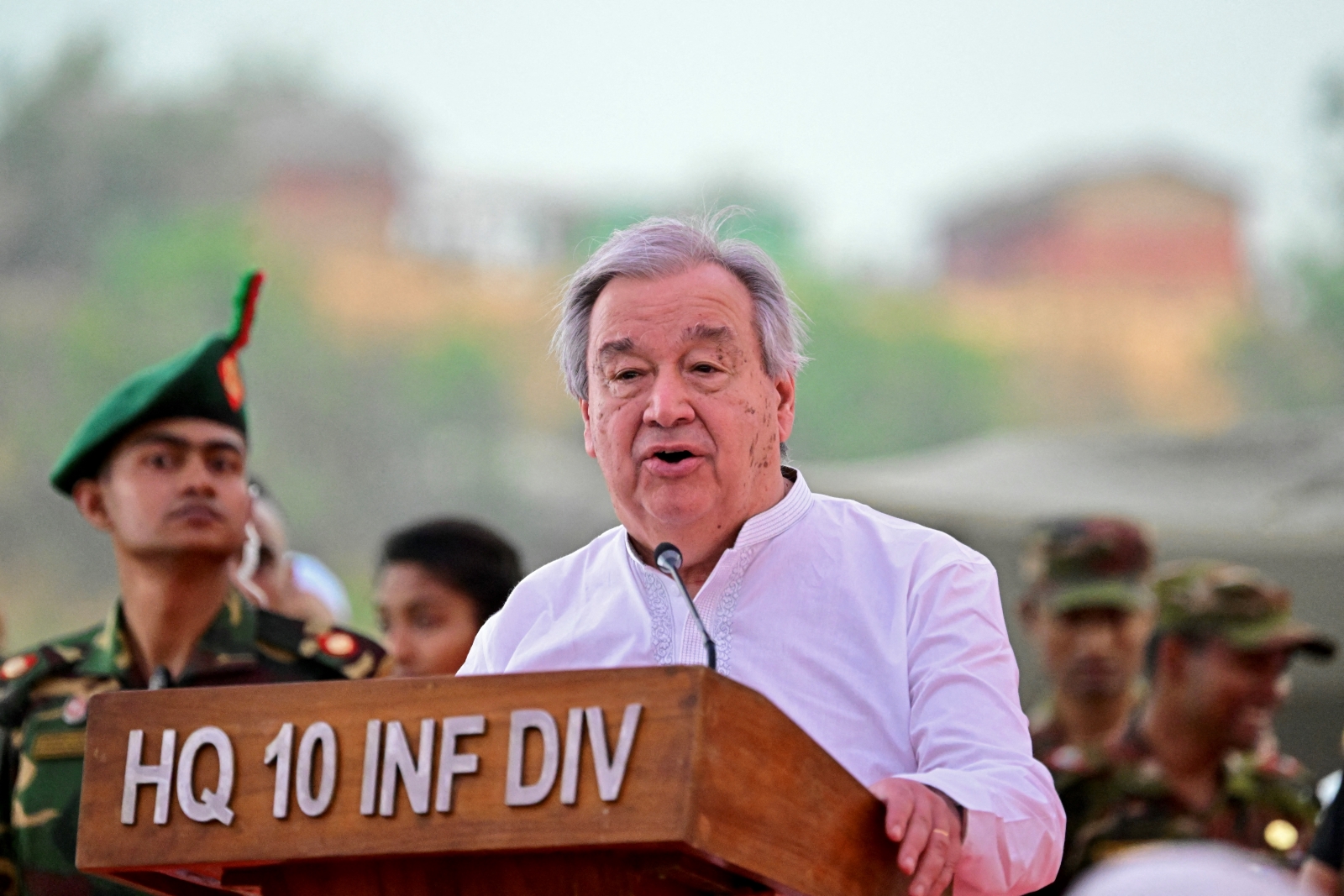Members of the United States Senate have called on the Trump administration to consider imposing sanctions on Myanmar over the crisis in Rakhine, the Washington Post reported on September 28.
It said 21 Republicans and Democrats in the 100-member Senate made the request in a letter to Secretary of State Rex Tillerson that warned of the risk of genocide against Rohingya Muslims.
The senators said the military response to attacks by Islamic militants in northern Rakhine on August 25 had been “extraordinarily disproportionate”.
The letter urges the Trump administration to hold the perpetrators of atrocities in Rakhine accountable under international and US law that allows the president to impose sanctions on individuals responsible for extrajudicial killings, torture and other gross violations of human rights in any foreign country.
“Unless immediately addressed, this crisis will have profound long-term consequences for Burma, the region, and the world,” says the letter, a copy of which was obtained by the Associated Press, the Washington Post reported.
Support more independent journalism like this. Sign up to be a Frontier member.
The senators also called for Myanmar to allow international humanitarian groups to operate in northern Rakhine and for the US to provide more aid as Bangladesh struggles to cope with an influx of about 500,000 Muslims from Rakhine, the newspaper said.
Among those who signed the letter were Mr Ben Cardin, the top-ranking Democrat on the Senate Foreign Relations Committee, and Mr John McCain, Republican chairman of the Senate Armed Services Committee, who on September 12 abandoned plans to support expanded US military ties with the Tatmadaw because of the crisis.
“We need to put as much pressure as possible on the Burmese government. They’re responsible for what’s happening, and they know that,” Cardin told reporters on September 27, the Washington Post reported. He said the US needed to send a clear message that it could revert to its former policy of imposing sanctions on Myanmar.
Most sanctions were lifted after the country began the transition to democracy in 2011, though the US and the European Union have retained arms embargos against Myanmar.
In a related development, the US ambassador to the United Nations, Ms Nikki Haley, has called on countries that sell weapons to Myanmar to suspend deliveries until the Tatmadaw is more accountable.
“We cannot be afraid to call the actions of the Burmese authorities what they appear to be – a brutal, sustained campaign to cleanse the country of an ethnic minority,” Haley told the UN Security Council on September 28.
“It should shame senior Burmese leaders who have sacrificed so much for an open, democratic Burma,” she said.
National security adviser U Thaung Tun said at the UN on September 28 that there was no ethnic cleansing or genocide taking place in Myanmar, Reuters reported.







